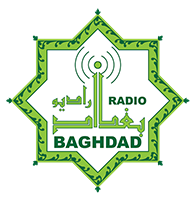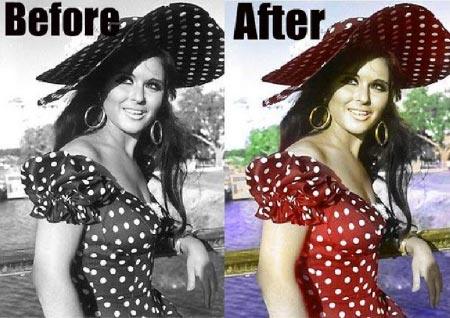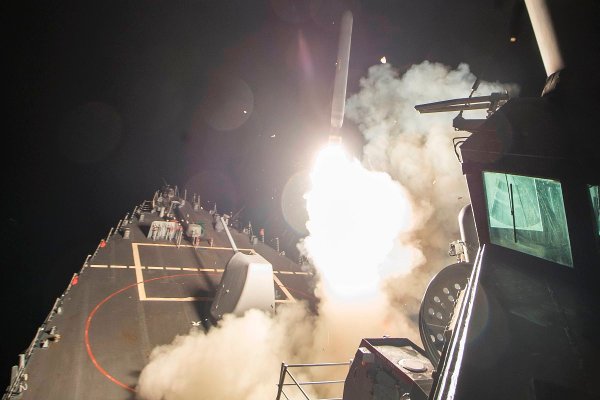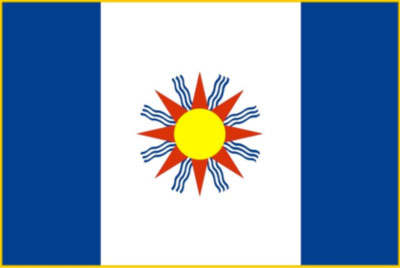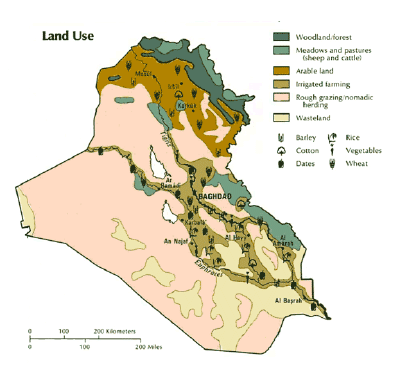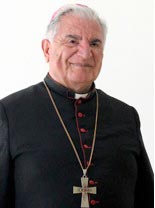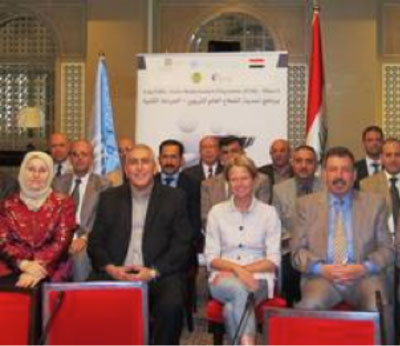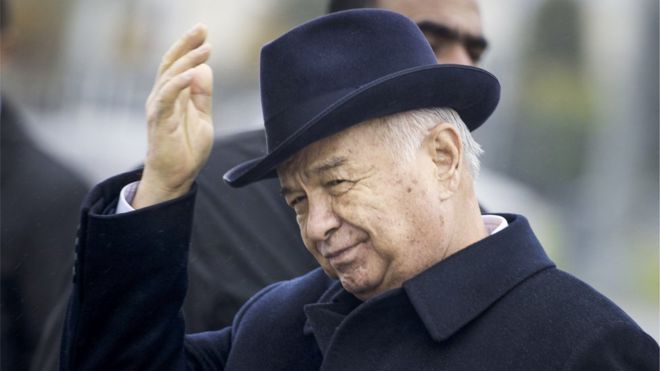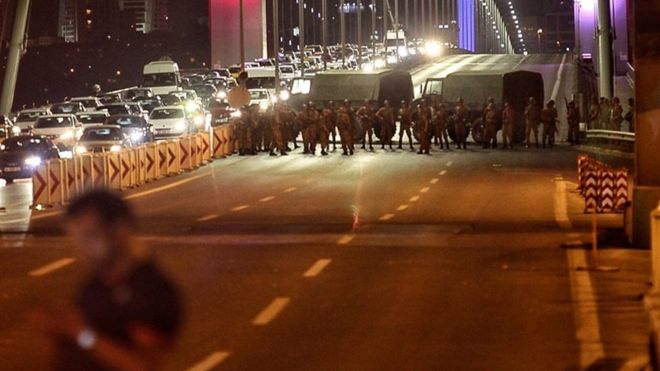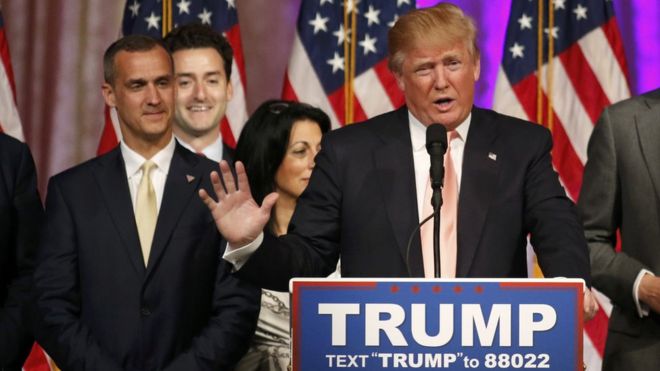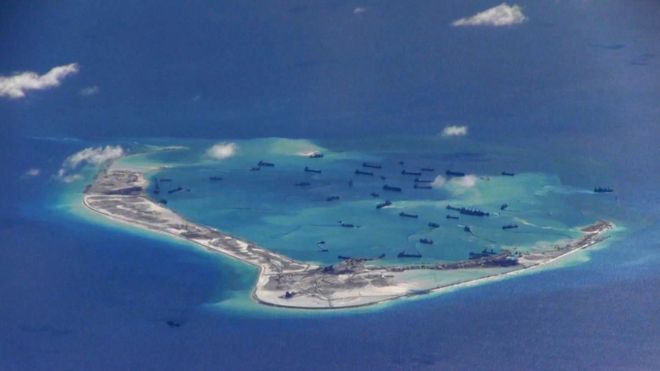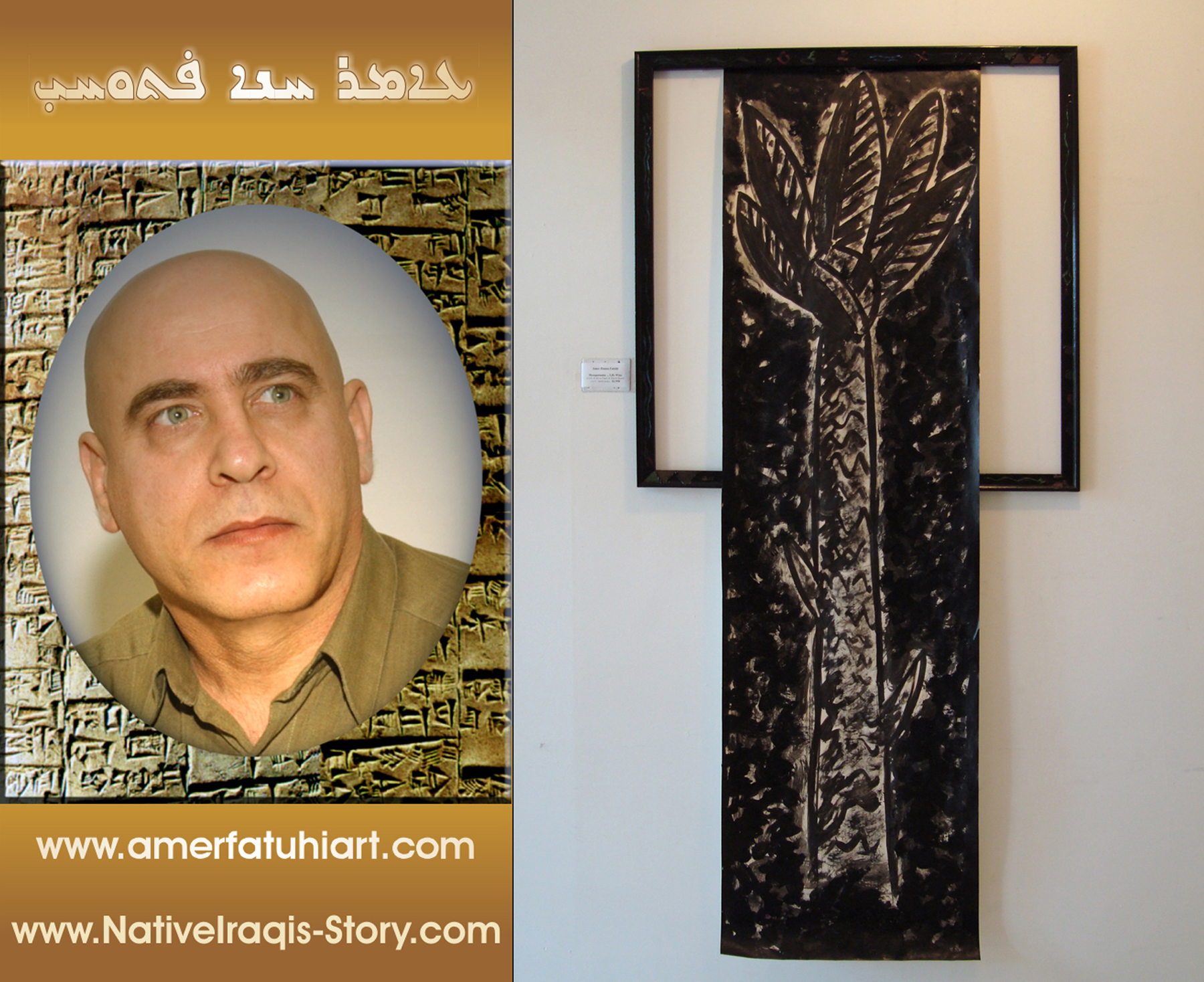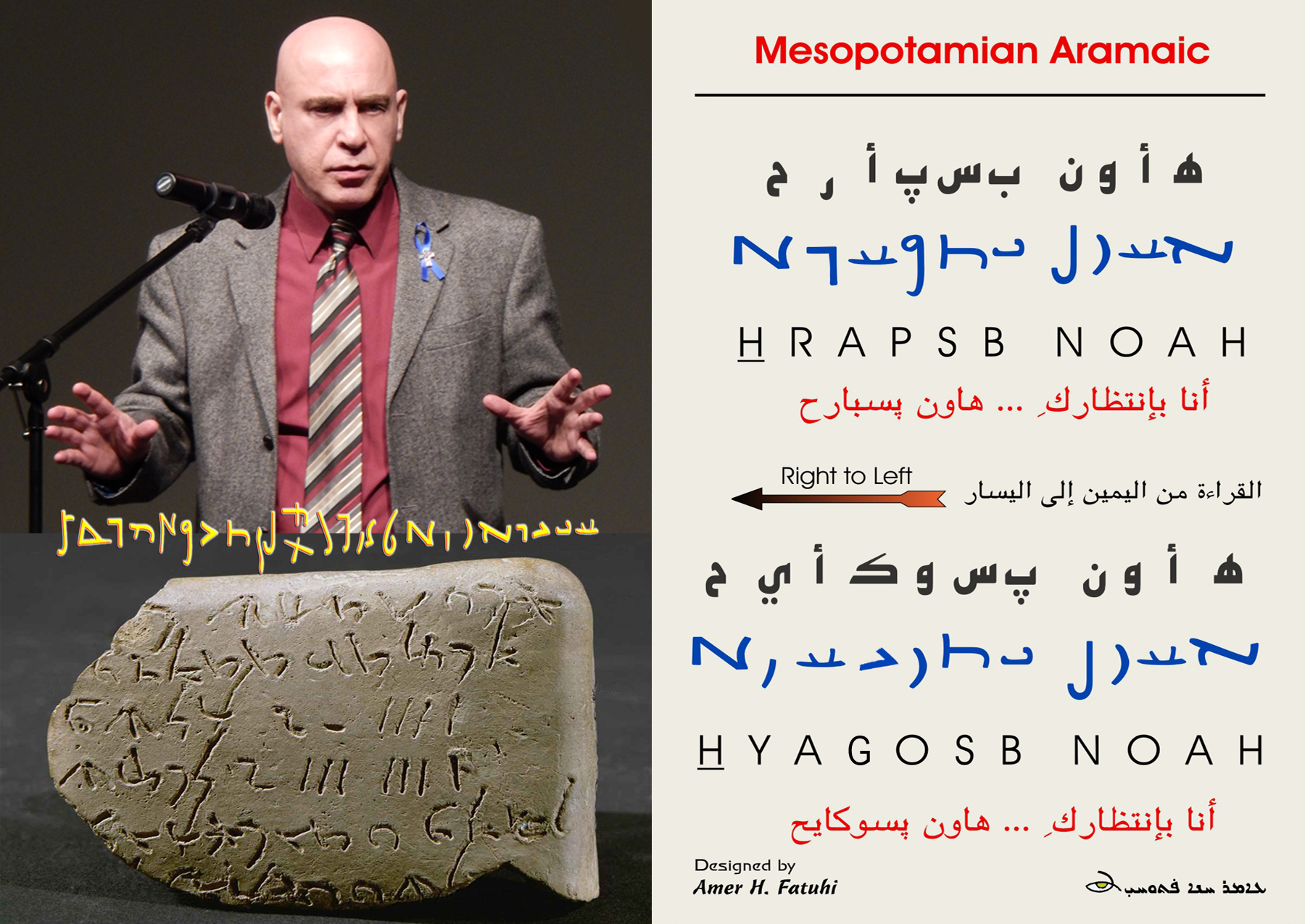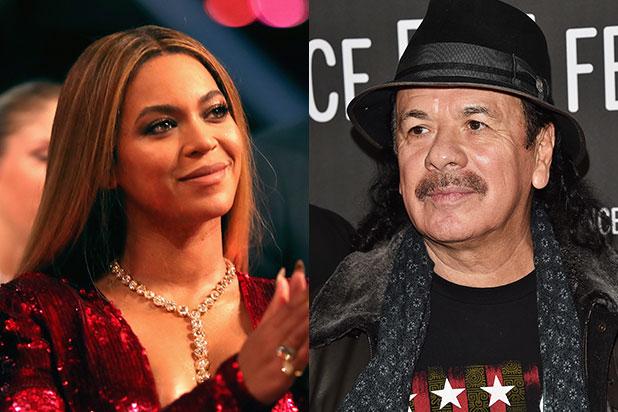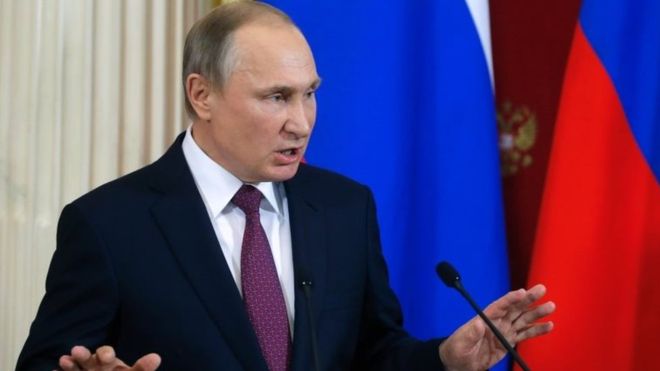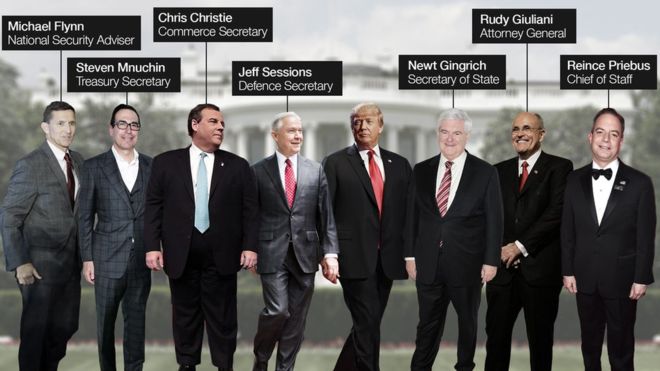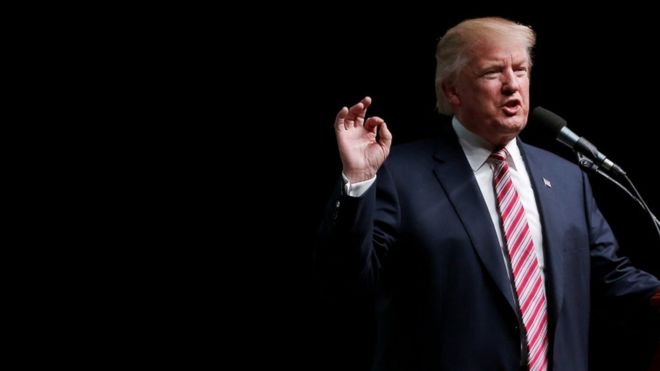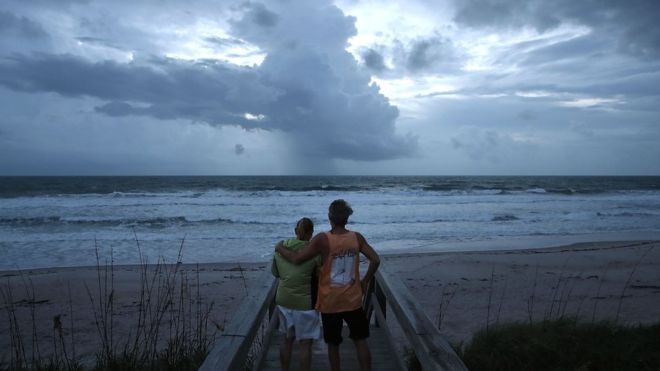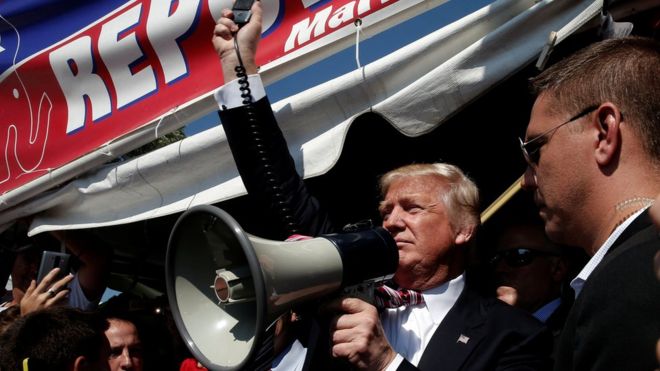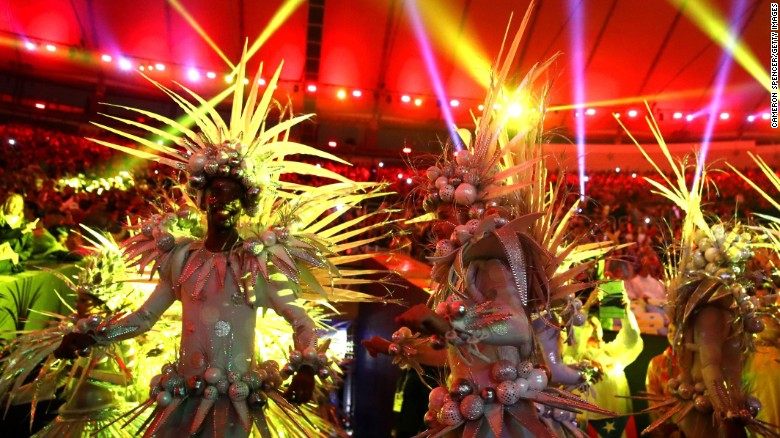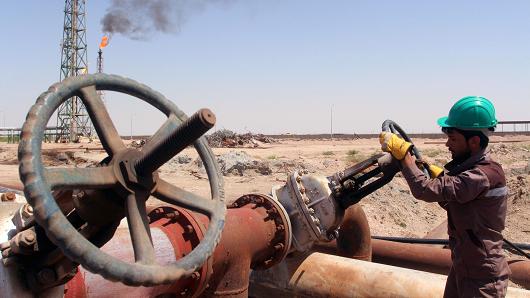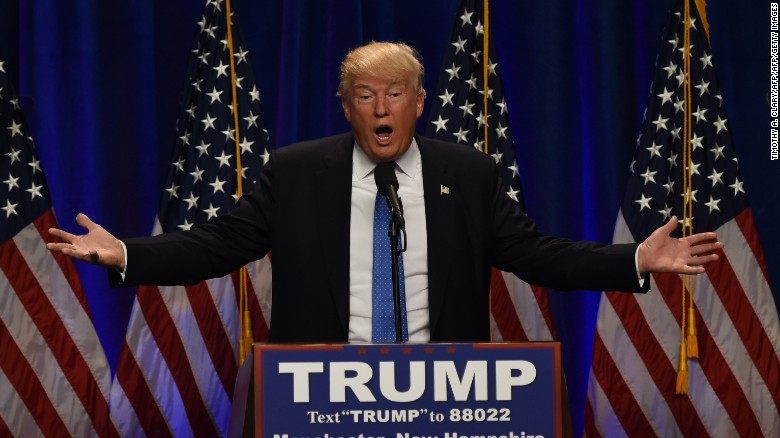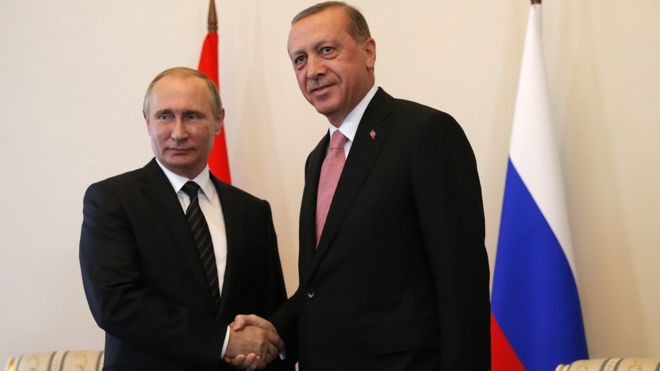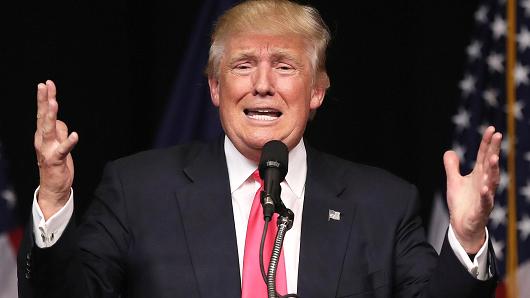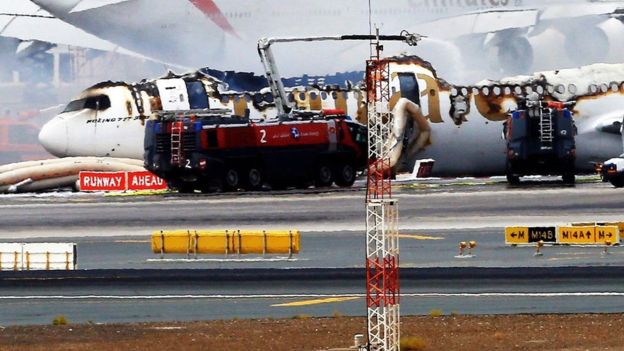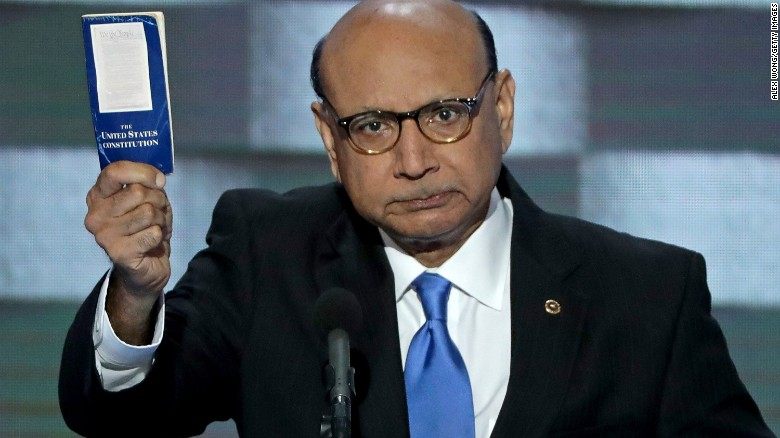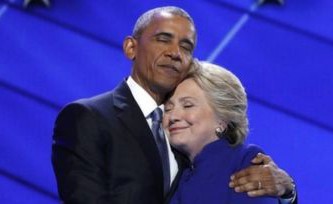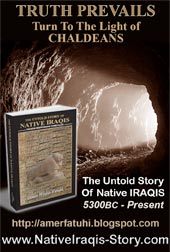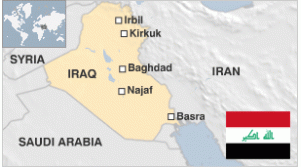 Iraq, in an area once home to some of the earliest civilisations, became a battleground for competing forces after the US-led ousting of President Saddam Hussein in 2003.
Iraq, in an area once home to some of the earliest civilisations, became a battleground for competing forces after the US-led ousting of President Saddam Hussein in 2003.
The Shia-led governments that have held power since then have struggled to maintain order, and the country has enjoyed only brief periods of respite from high levels of sectarian violence.
Violence and sabotage hinder the revival of an economy shattered by decades of conflict and sanctions. Iraq has the world's third largest reserves of crude oil.
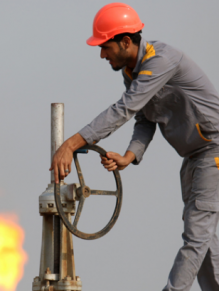 FACTS
FACTS
Republic of Iraq
Capital: Baghdad
Population 33.7 million
Area 438,317 sq km (169,235 sq miles)
Major languages Arabic, Kurdish
Major religion Islam
Life expectancy 68 years (men), 73 years (women)
Currency Iraqi dinar
UN, World Bank
LEADERS
President: Fuad Masum
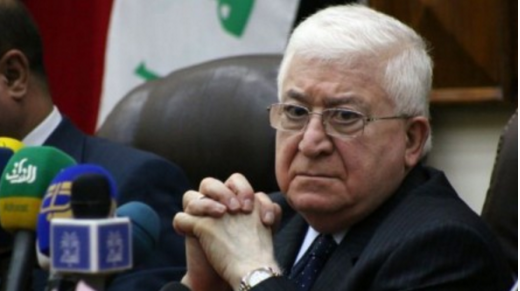
Veteran Iraqi politician Fuad Masum was overwhelmingly elected by parliament in July 2014.
He is the second ethnic Kurdish president of Iraq, succeeding Jalal Talabani.
Prime Minister: Haider Al-Abadi
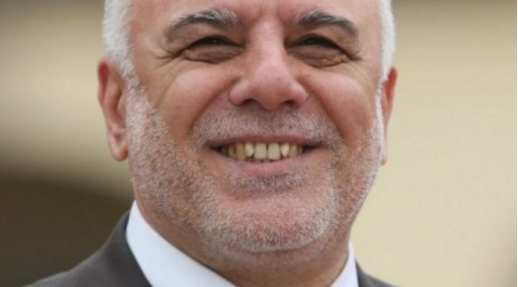
A veteran politician from the Shia State of Law party, Mr al-Abadi was deputy speaker of parliament when President Masum asked him to form a government in the summer of 2014.
Mr al-Abadi heads a cabinet with Sunni and Kurdish support, something which the previous government lacked.
Improved relations between the central government and the semi-autonomous Kurdistan Regional Government made possible the signing of a deal in December 2014 on sharing Iraq's oil wealth and military resources.
It was hoped this would help build the consensus needed to enable the country to face the common threat represented by the armed Islamic State group, which by the end of 2014 had advanced into northern and central Iraq.
However, his administration has been dogged by accusations of corruption and the charge that the allocation of posts according to sectarian quotas takes precedence over competence.
MEDIA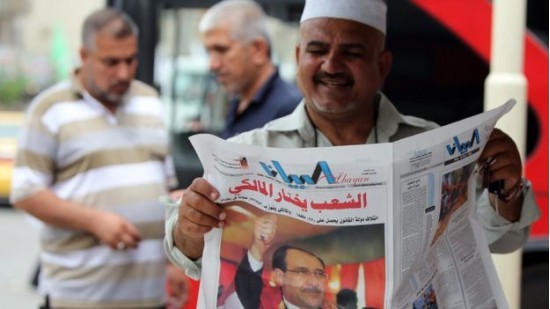
There are hundreds of publications and scores of radio and TV stations. But political and security crises have resulted in an increasingly fractured media scene.
Television is the main medium for news. Many media outlets have political or religious affiliations.
TIMELINE
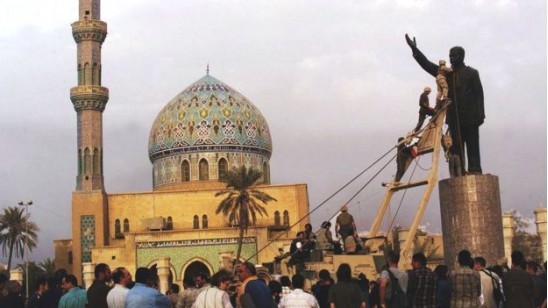
Some key dates in Iraq's history:
1534-1918 - Ottoman rule.
1917 - Britain seizes control, creates state of Iraq.
1932 - Independence, followed by coups.
1979 - Saddam Hussein becomes president.
1980-1988 - Iran-Iraq war.
1990 - Iraq invades Kuwait, putting it on a collision course with the international community.
1991 - Iraq subjected to sanctions, weapons inspections and no-fly zones.
2003 - US-led coalition invades, starting years of guerrilla warfare and instability.
2014 - The armed Islamic State group emerges as a major force in the region and seizes large parts of Iraq.
BBC >

